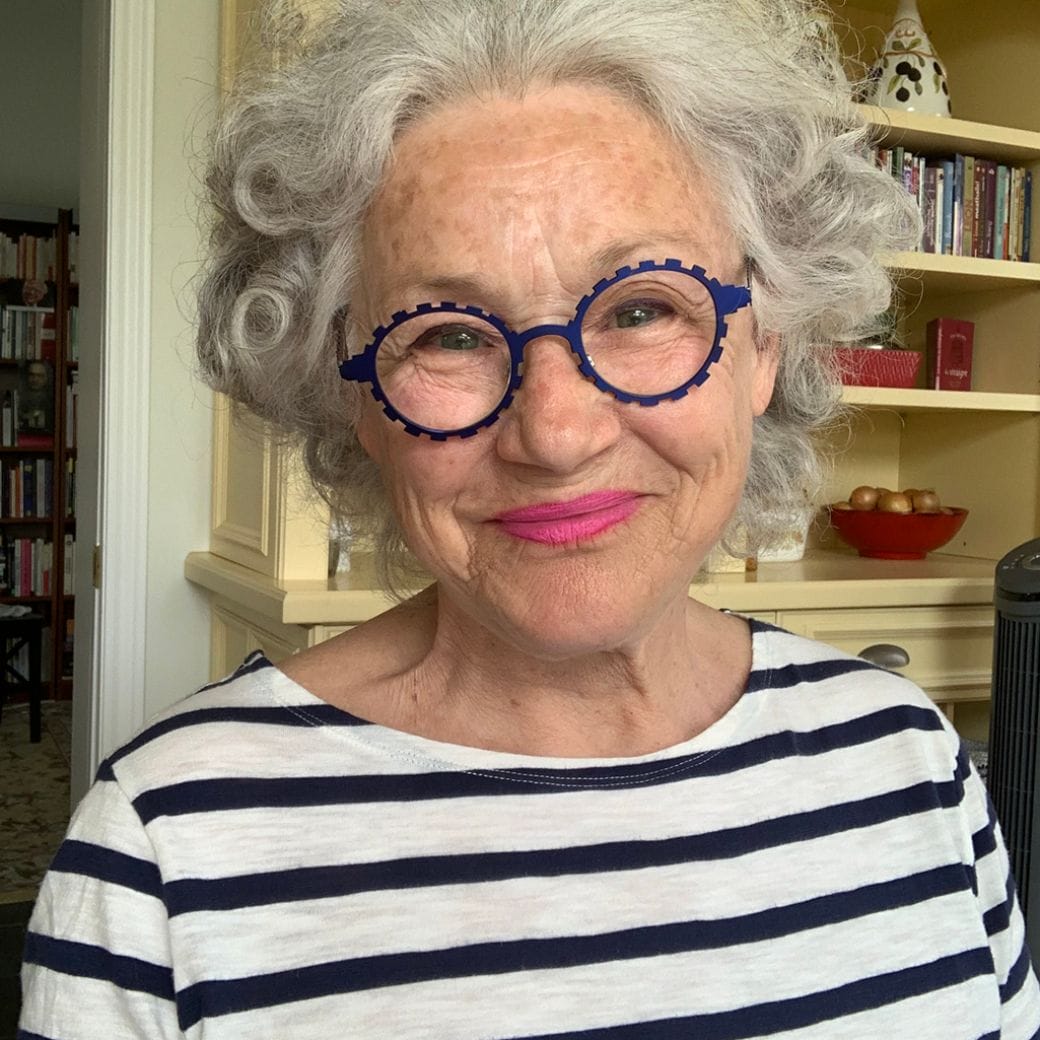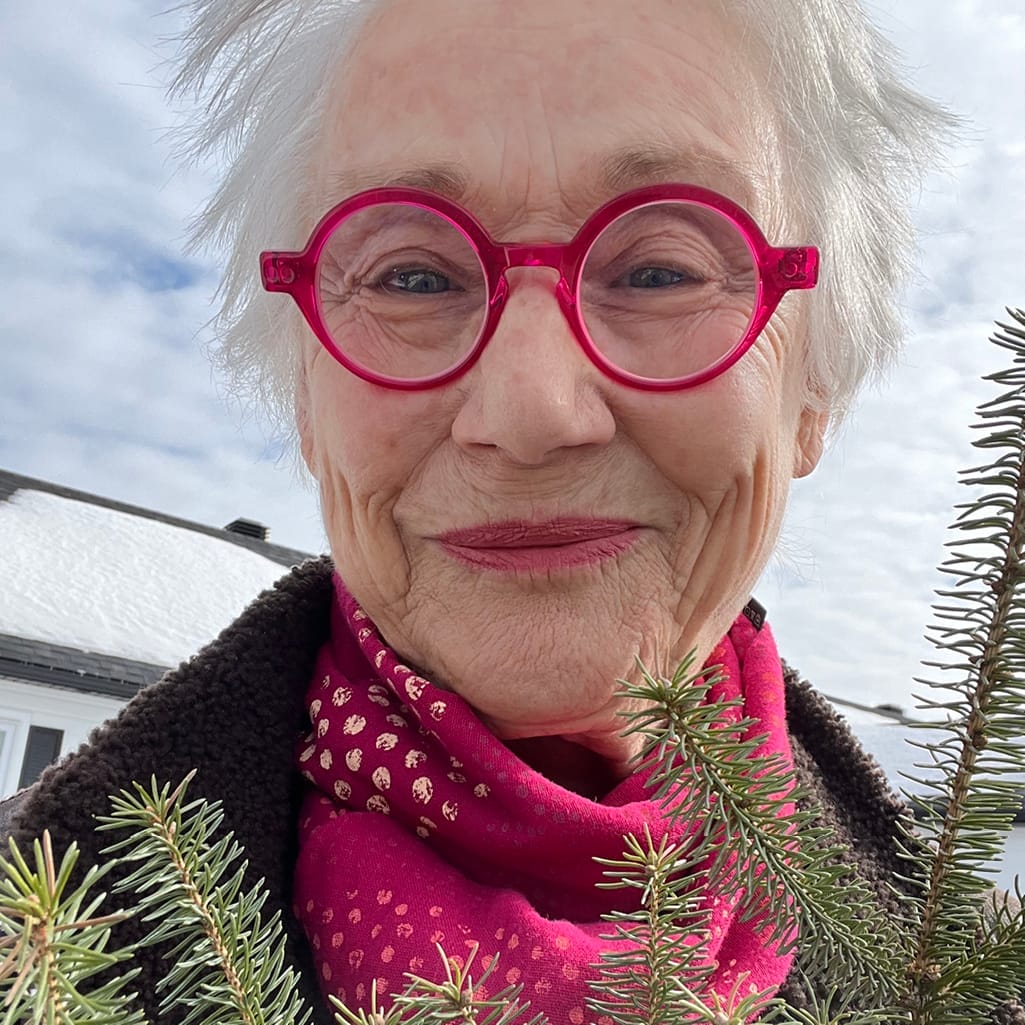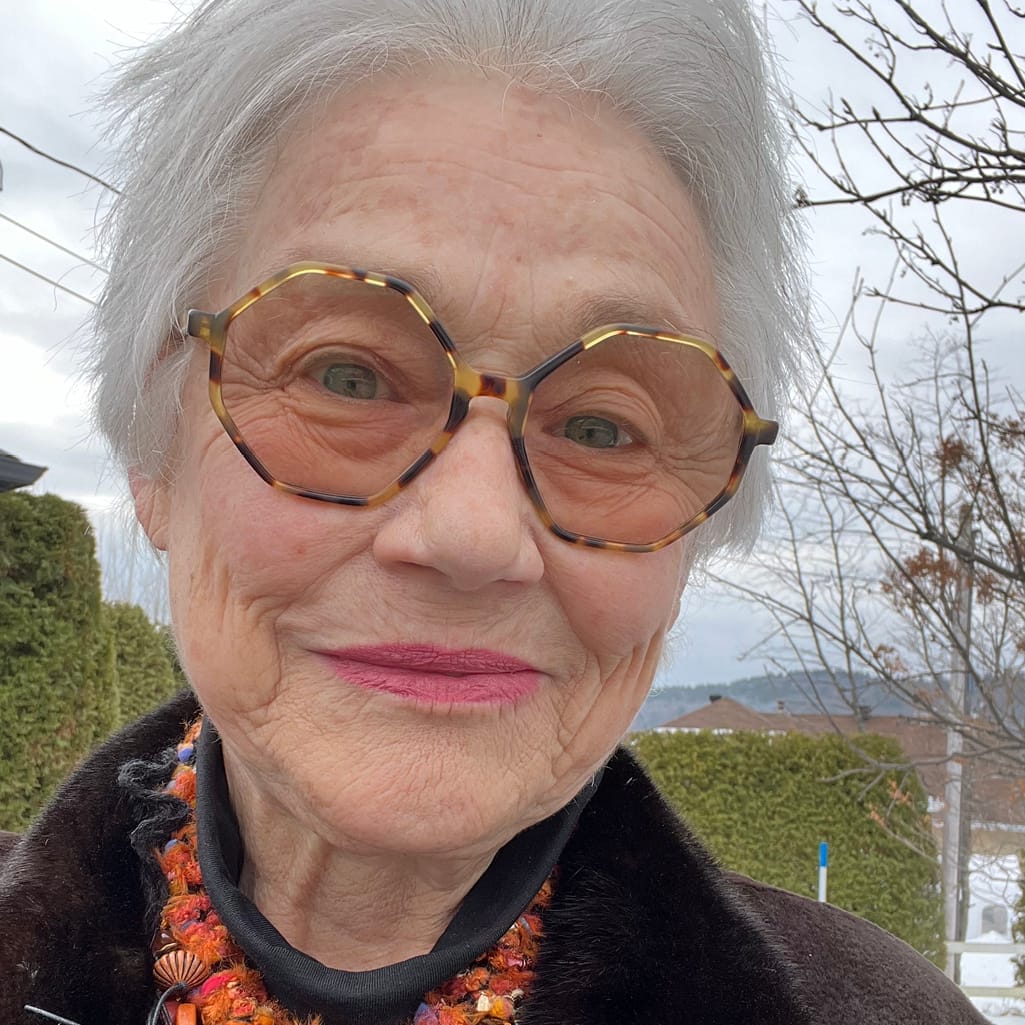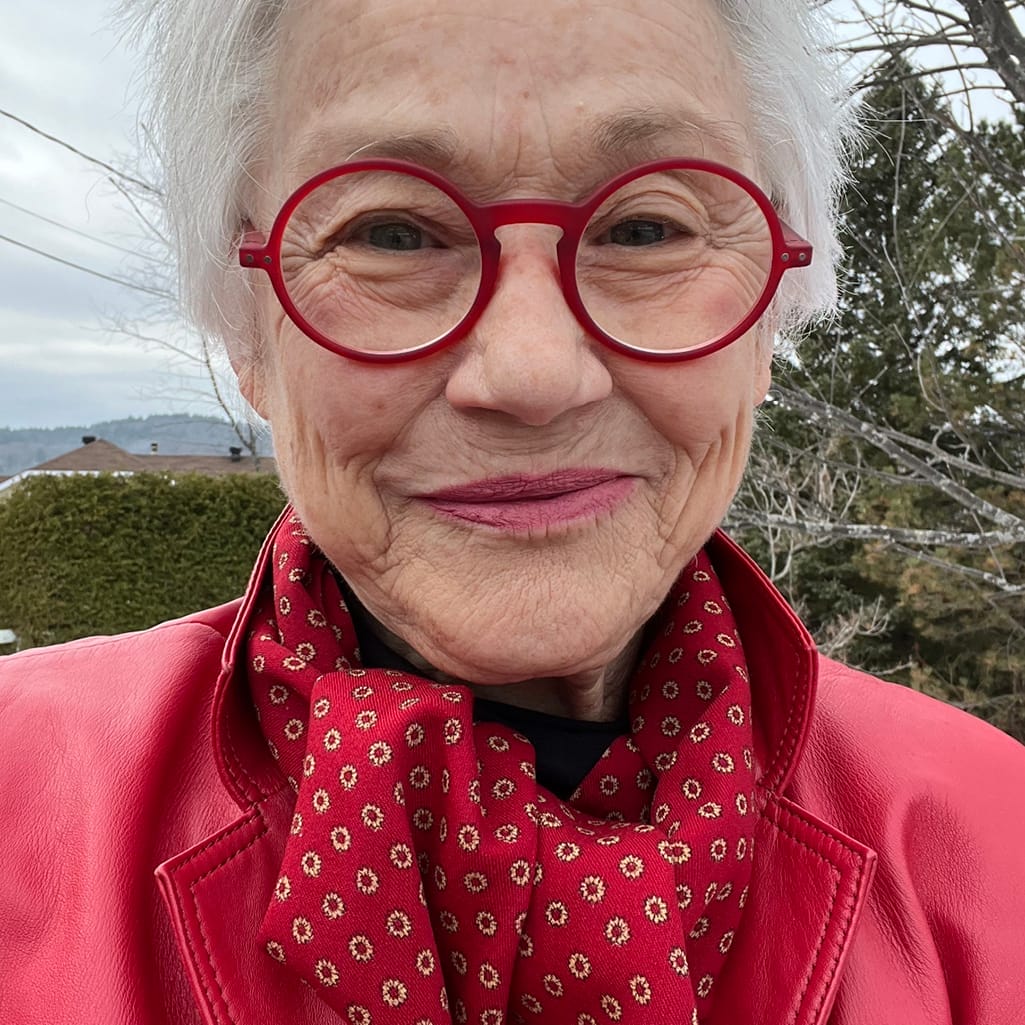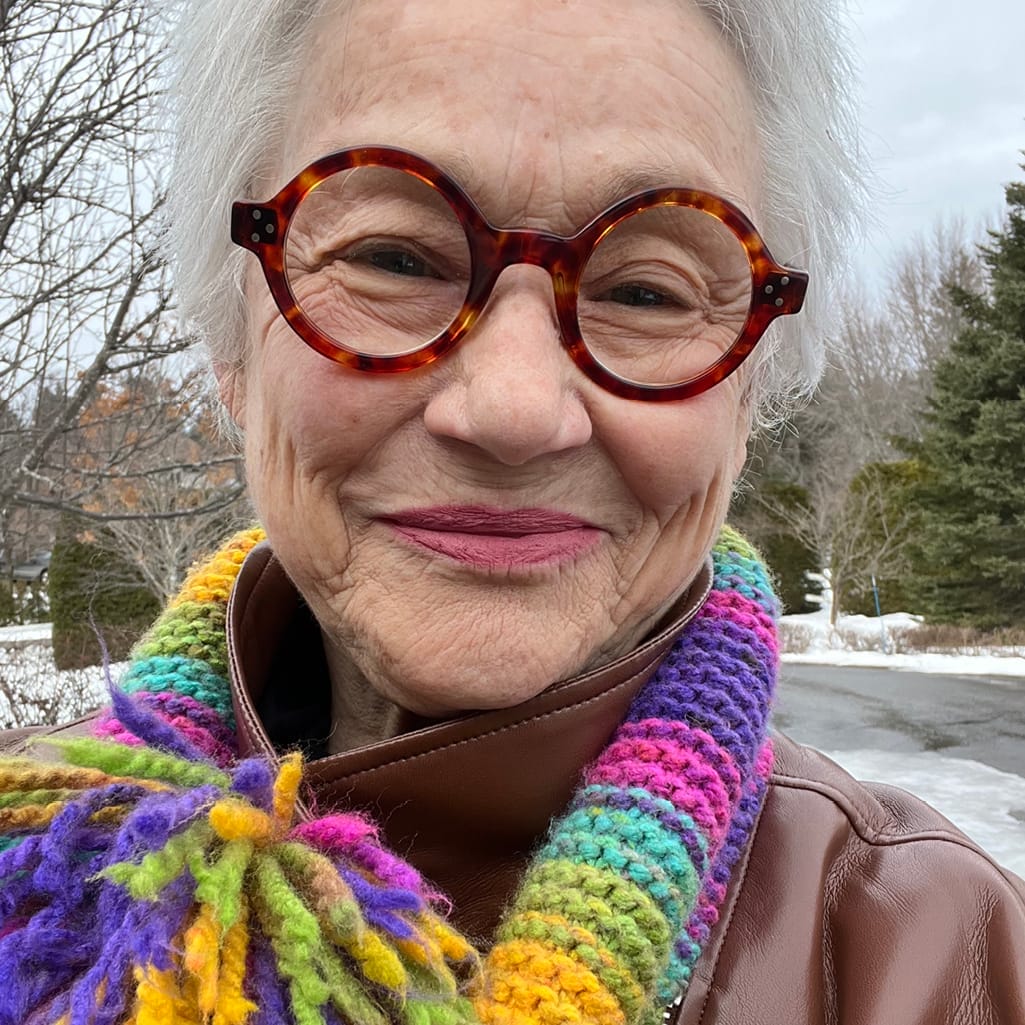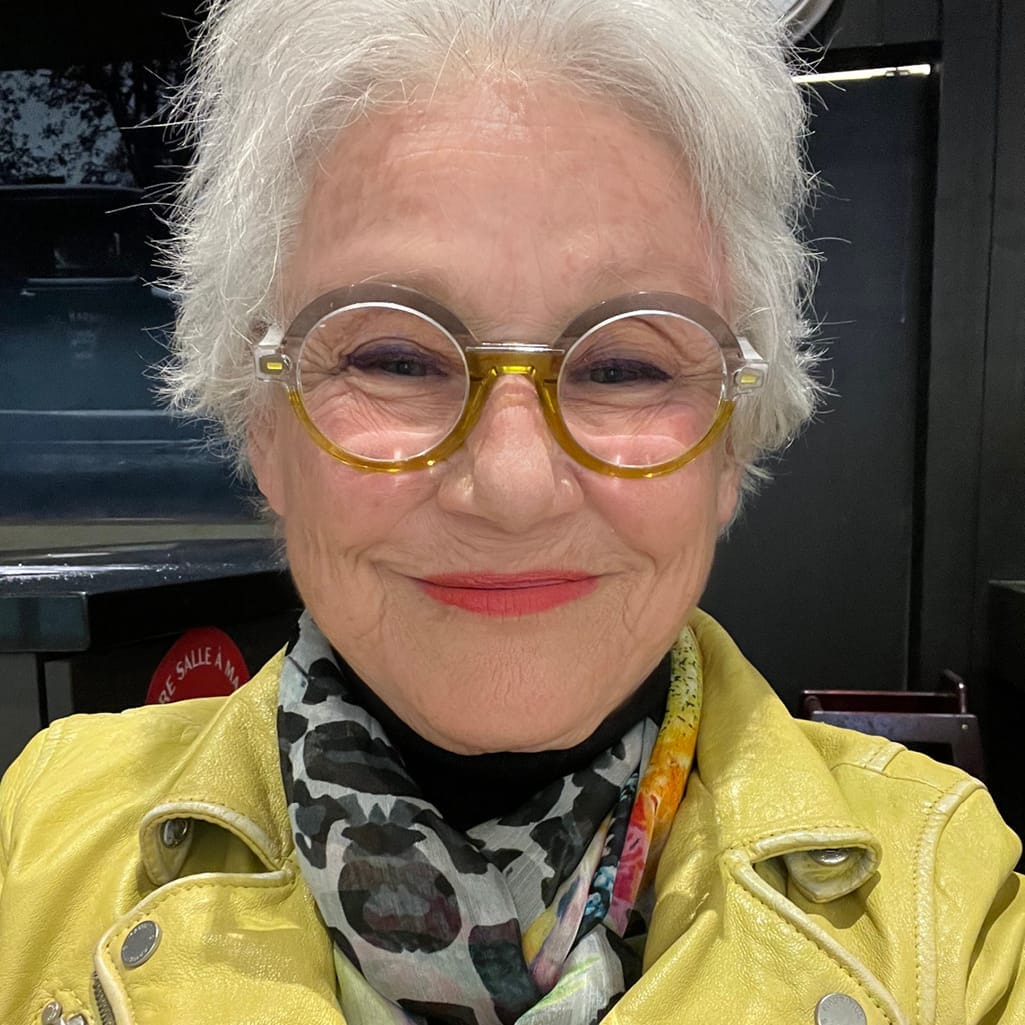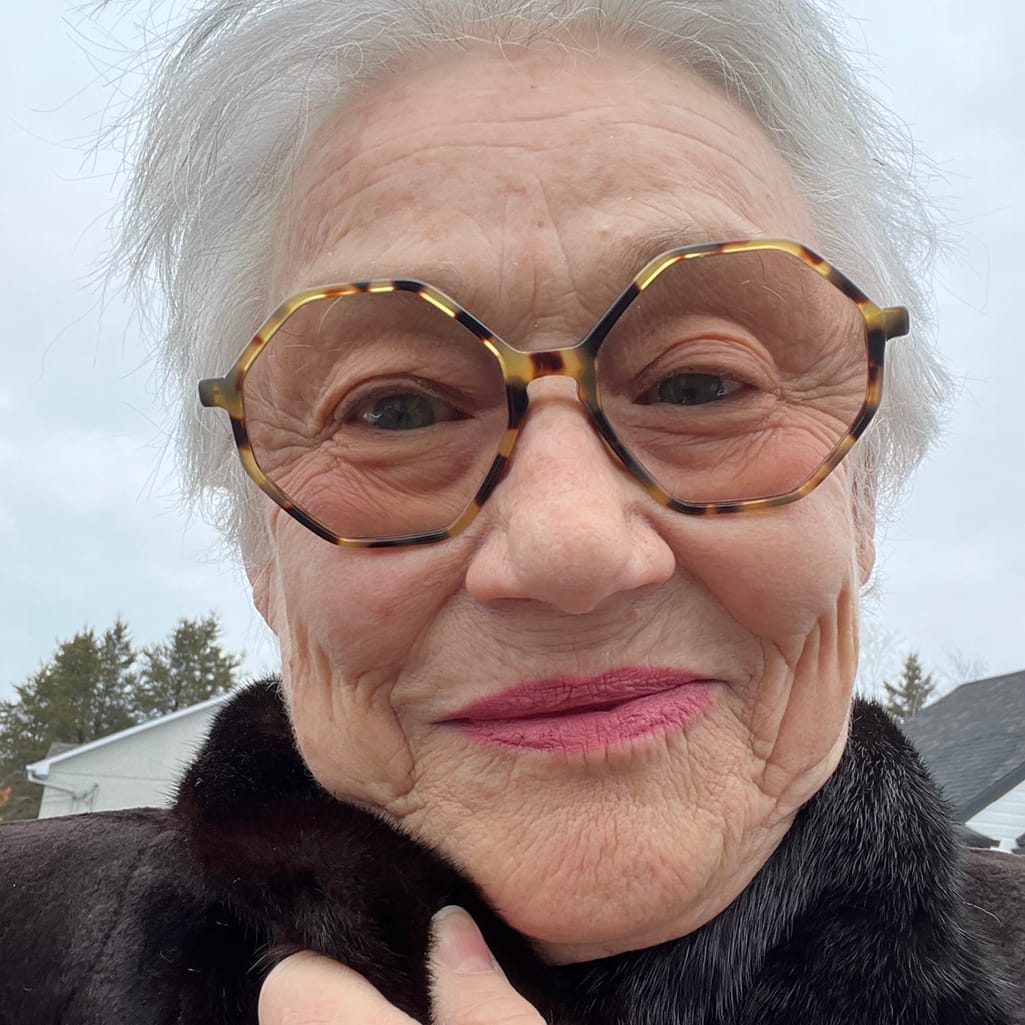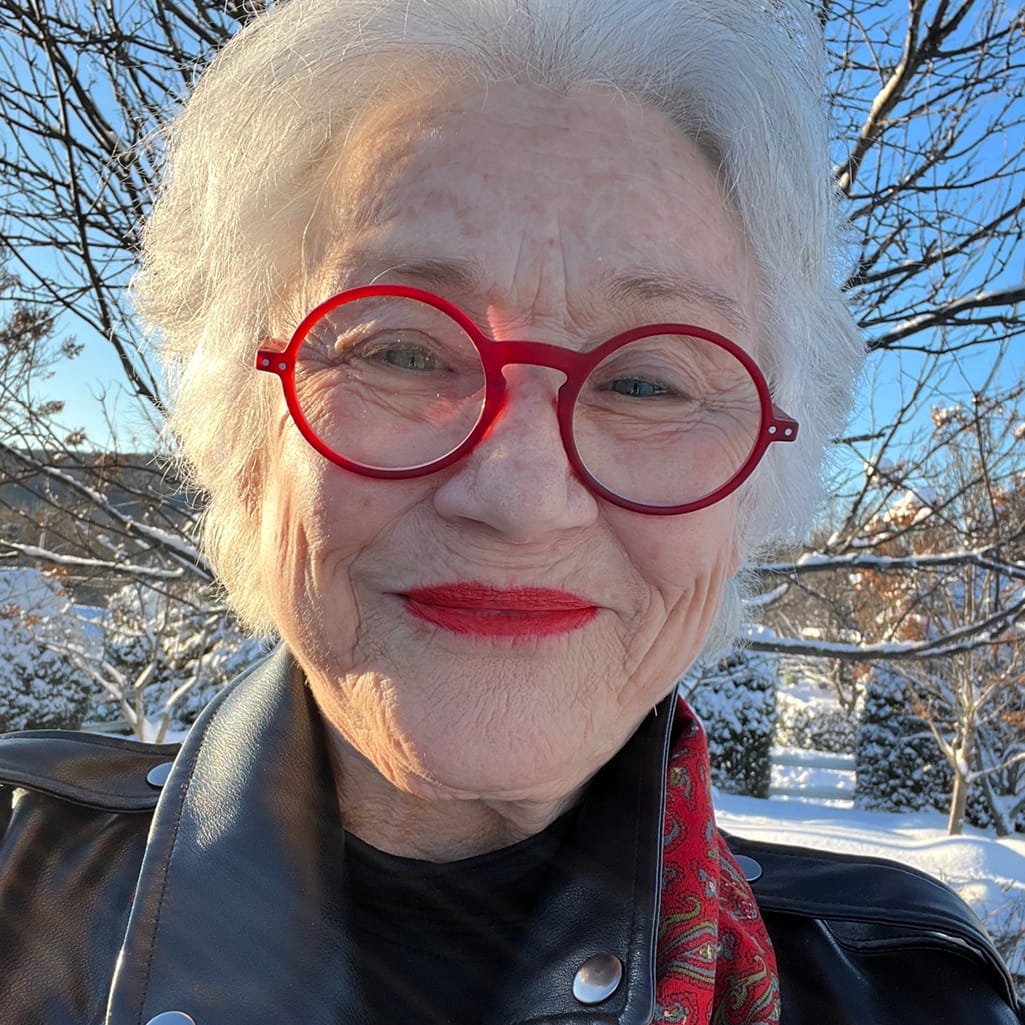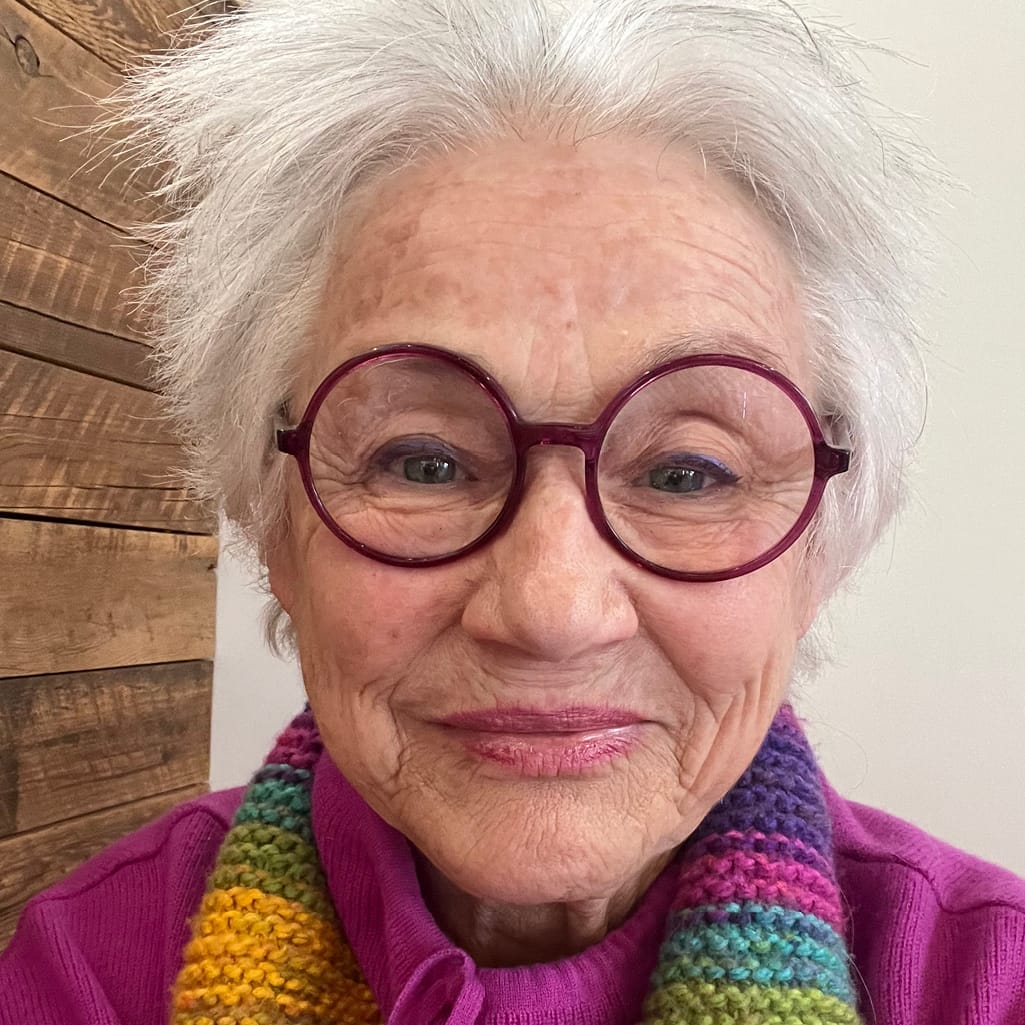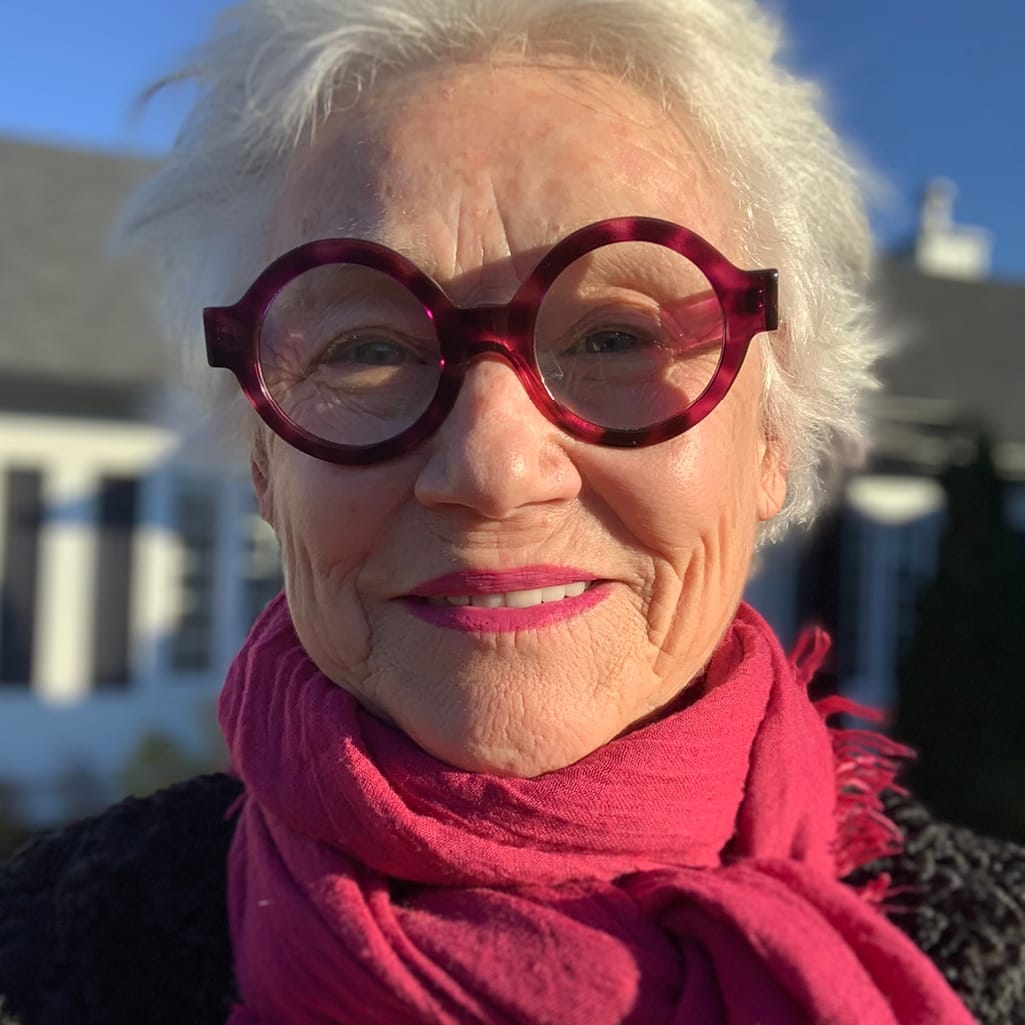Family happiness amongst red shells
As kids in the Gaspésie in 1953, we ate every day thanks to the sea, which provided us with fish, and grandfather Frederic, who let us chop off the head of one his chickens from time to time or collect the warm blood from a pig whose hairy neck had just been pierced. When the blood stopped flowing, the fleshy pink animal would be hung upside down from the barn’s big beam. My grandfather slit open its belly and the animal’s innards slid out onto the sheet metal below. Grandmother Josephine would then rummage through the steaming entrails and pull out a heap of brownish tubing that made my brother pinch his nose and laugh.
- “That’s the pig’s intestines,” said my mother. “We’ll empty them, turn them inside out and make blood sausage.”
- “Yuck!” said the little girl, running to cousin Florine to take refuge in her arms.
Grandpa was having a good chuckle. It’s the first time that us girls had witnessed a pig being dispatched and he found our reactions amusing. He cheerfully yelled over to cousin George to bring the pot of boiling water so he could quickly splash the pig. Grandma was very satisfied with the day.
- “With such a big animal, we’ll be able to have grilled bacon until Easter!” she exclaimed as she hugged a bowl of leaf fat to her stomach.
As for me, I felt sick, and wondered if one day, the same thing would happen to our beautiful mare Doley.
My father would also bring back two large cases of creamy peanut butter from his English bosses sometimes. In the morning, we would wolf down 5, 7 and even 10 pieces of toast in a row as Mom snored away, her bandaged hands placed higher than her head on the pillow.
She may have never gotten up to heat the milk or dilute the Tang (powdered orange juice), but she loved us just the same. How many times had she slipped on the big black rubber gloves to knead the dough to make the huge round loaves of bread that we would clumsily slice the next day?
The mood in the kitchen would get a little tense if my brother burned a thick slice or forgot to turn the bread in the slide-through toaster.
- “Never throw away a slice of bread!” shouted mom, awakened by the smell. “The burnt bits will do your vocal cords good.”
We each received an orange at Christmas, bananas for our birthdays and apples on occasion when Aunt Hope managed to safe her orchard from the ravages of white caterpillars. Summer vacation was the season for small wild strawberries, and if we wanted Mom to make jam, we had to pick as many as we could.
Dad preferred wild raspberries, but they were found in bushes full of bees. With his head wrapped in strips of old bandages and his hands protected with the rubber gloves used for kneading bread, my brother played the brave knight on the one condition that he got to present the basket of raspberries to Dad. He went ahead of us up the bluff and cleared the bushes so that we could gather the precious fruit.
Depending on the year, we also pick blueberries. They were tiny and never ripe enough, according to Mom, to make a juicy upside-down pudding.
As for the hairy, prickly currants, we avoided them ever since Aunt Magella had started making poultices out them to place on the youngest’s belly to stop her from wetting the bed.
Some summers, after haying, grandfather Frederic took us hazelnut picking. We’d collect the prickly balls that grew in threes on the hazel branches in an old jute potato bag. The nuts had to dry in the barn for a few months before Grandpa removed them from their husks by banging the bag against the barn’s stone wall.
The blonde hazelnuts were kept in Grandma’s old tin canisters as a treat for being good, and even then she would only give us a few at a time on Sundays.
The berries, lard-flavoured grilled fish, sweet pudding and all the food from that time was never tasty enough to be considered a delicacy. Eating, as Mom would say, was more of a “technical” necessity to keep the body upright, the cheeks rosy and the nails hard. We knew that making meals took its toll on her. You could tell by the spiritless way she skinned a rabbit or plucked a partridge while making me recite my lessons.
Our diet consisted of round potatoes, carrots, turnips, cod, smelts, small brook trout, beef in sauce, pork chops, blood sausage and roasted baloney. At the end of August, a few boiled vegetables appeared on the table with pieces of salted bacon and corn from Grampa’s field.
Once a spring, in good years, Dad would bring home live lobsters with their claws restrained by big blue rubber bands. Plunged into boiling water, the animals came out as red as fire. Dad put them on a big plate in the middle of the table, and we’d watch as he split the bodies of the crustaceans in two using a hammer and the big kitchen knife. He first detached the tail section and announced to us whether it was male or female. Then with a soup spoon, he dug into the belly of each lobster and took out the liver that mom loved eating.
The youngest would burst out with a big “ewwww” when she saw Mom spreading the gooey green liver over a piece of toast. The kitchen was festive, with mom laughing as she watched us eat like ogres. There was melted butter splashed everywhere, but no one cared. Dad seemed so happy then.
The memory of this happy table of empty shells will always be with me. And every spring I think about it; I hear my brother arguing for the biggest claw, Mom gently asking Dad to de-shell her lobster half and the little one yelling for more bread to dip in butter. We ended the meal by joyfully sucking on the small legs from the underbellies of the lobsters to extract every last bit of flesh that still remained.
This perfect moment of happiness erased so much sadness.
Since then, I have always locked away my sorrows on the page with my pen. Perhaps I should make a big fire with all those words and then WRITE about lobsters, about the faces of happy people, about garlic butter which I love so much. About happiness.
Cora
